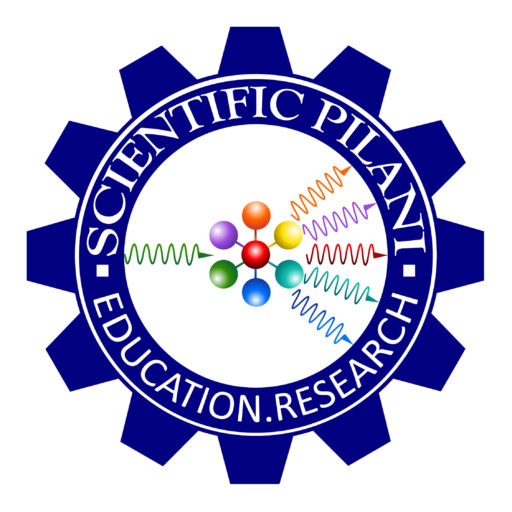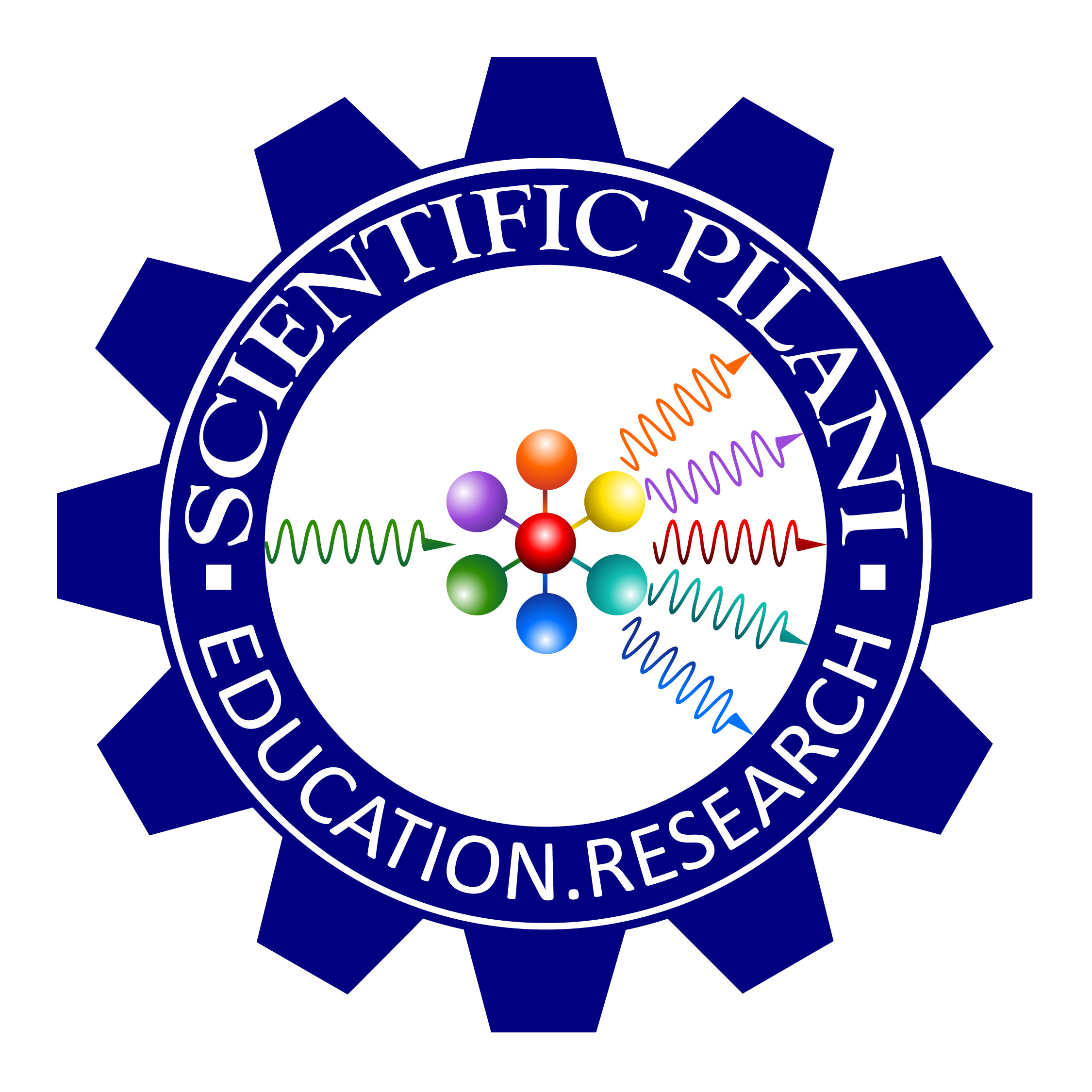
ARTIFICIAL INTELLIGENCE
Artificial intelligence (AI) has had a profound impact on numerous fields, with medical science being one of the most significant. Its applications in this area have transformed healthcare delivery, diagnosis, treatment, and research, enabling more efficient, personalized, and accurate medical care. Key applications of AI in medical science include:
- Medical Imaging and Diagnostics
AI algorithms, particularly those based on deep learning, are capable of analyzing medical images (e.g., X-rays, MRIs, CT scans) with remarkable accuracy. AI-powered tools can identify patterns in medical images that may be undetectable by human eyes, leading to early and accurate diagnosis of conditions like cancers, cardiovascular diseases, and neurological disorders. For example, AI is being used to detect breast cancer in mammograms or diagnose pneumonia from chest X-rays.
- Predictive Analytics and Disease Prevention
AI systems can analyze large datasets from electronic health records (EHRs) and other sources to predict disease outcomes and assist with prevention. By recognizing patterns in patient data, AI can forecast the likelihood of developing chronic diseases like diabetes or heart disease, enabling early intervention. AI can also help in identifying patients at risk for certain complications, helping doctors create personalized care plans.
- Drug Discovery and Development
AI plays a crucial role in speeding up drug discovery by analyzing chemical properties and predicting how molecules will interact. AI-powered platforms can quickly scan through vast amounts of data, identifying potential drug candidates, thereby significantly reducing the time and cost of bringing new drugs to market. AI also supports the development of precision medicine by helping discover treatments tailored to individual genetic profiles.
- Robotics in Surgery
AI-driven robots assist surgeons in performing complex, minimally invasive procedures with greater precision. Surgical robots, guided by AI algorithms, help reduce human error, enhance accuracy, and shorten recovery times. For example, the Da Vinci Surgical System uses AI to enable surgeons to perform intricate surgeries through small incisions, providing better control and visualization than traditional surgery.
- Virtual Health Assistants and Chatbots
AI-powered virtual health assistants and chatbots help patients manage their health by providing reminders for medication, scheduling appointments, and answering basic medical questions. These systems can assist patients 24/7, helping to ease the burden on healthcare professionals. In addition, AI-powered conversational agents can monitor symptoms, provide preliminary diagnostics, and recommend appropriate care.
- Personalized Medicine
AI enables personalized treatment plans by analyzing patient data, including genetics, lifestyle, and environment. AI systems use this information to recommend treatments tailored to individual patients. For example, AI can help oncologists select cancer treatments based on a patient’s unique genetic makeup, leading to better treatment outcomes.
- AI in Genomics
AI plays a critical role in analyzing large datasets from genomic studies. Machine learning algorithms can identify patterns in genomic data, helping researchers understand the role of genes in diseases. AI-driven insights from genomics can be used to develop gene therapies, understand hereditary diseases, and create more effective, personalized treatment strategies.
- Wearable Technology and Remote Monitoring
AI-powered wearable devices, such as fitness trackers and smartwatches, collect real-time health data (e.g., heart rate, oxygen levels, physical activity). AI algorithms analyze this data to provide insights into a patient’s health and detect early signs of potential issues. Remote monitoring via AI is especially useful for managing chronic conditions, enabling healthcare providers to offer timely interventions without requiring patients to visit a hospital.
- AI in Mental Health Care
AI-based applications are used to detect and treat mental health conditions, such as depression, anxiety, and PTSD. AI algorithms can analyze speech, text, and behavioral patterns to detect signs of mental illness. For instance, AI chatbots are used to provide mental health support, while machine learning models help psychiatrists and psychologists develop tailored therapy plans based on patient data.
- AI in Healthcare Operations and Management
Beyond patient care, AI optimizes hospital management systems, including resource allocation, staff scheduling, and inventory management. AI-driven systems can predict patient admission rates, streamline administrative processes, and help hospitals operate more efficiently.
AI’s role in medical science is rapidly expanding, with applications ranging from diagnostics and personalized medicine to robotics and drug development. As AI continues to advance, it promises to further revolutionize healthcare, leading to more accurate diagnoses, better patient outcomes, and more efficient healthcare systems.

Professor Rakesh Mittal
Computer Science
Director
Mittal Institute of Technology & Science, Pilani, India and Clearwater, Florida, USA
